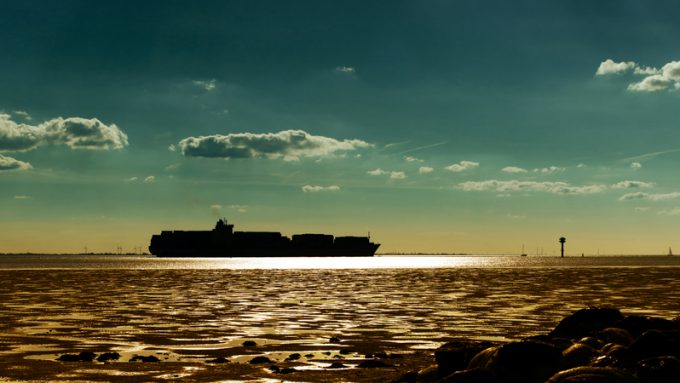Supply chain disruptions drive 'greener' transport goals further down the agenda
“The jury is obviously out on willingness to pay for sustainability,” according to Dilip Bhattacharjee, ...
WTC: RIDE THE WAVEFDX: TOP EXEC OUTPEP: TOP PERFORMER KO: STEADY YIELD AND KEY APPOINTMENTAAPL: SUPPLIER IPOCHRW: SLIGHTLY DOWNBEAT BUT UPSIDE REMAINSDHL: TOP PRIORITIESDHL: SPECULATIVE OCEAN TRADEDHL: CFO REMARKSPLD: BEATING ESTIMATESPLD: TRADING UPDATEBA: TRUMP TRADE
WTC: RIDE THE WAVEFDX: TOP EXEC OUTPEP: TOP PERFORMER KO: STEADY YIELD AND KEY APPOINTMENTAAPL: SUPPLIER IPOCHRW: SLIGHTLY DOWNBEAT BUT UPSIDE REMAINSDHL: TOP PRIORITIESDHL: SPECULATIVE OCEAN TRADEDHL: CFO REMARKSPLD: BEATING ESTIMATESPLD: TRADING UPDATEBA: TRUMP TRADE

Fifty years after first analysing container shipping, consultant McKinsey has called on the industry to conduct another assessment in the light of modern disruptive elements like digitisation. Originally, the firm advised the then British Transport Docks Board (BTDB) to rethink its approach to containerisation.
It seems the message today is much the same. Among its predictions for the next 50 years, it notes autonomous 50,000 teu ships – “perhaps alongside modular, drone-like floating containers” – with volumes between two and five times what they are today. Short-haul intraregional traffic will increase, it suggests, while container flows within the Far East will remain huge. The second-most significant tradelane may link the region to Africa, with a stopover in South Asia. It also predicts there may be just three or four major container shipping companies.
CMA CGM South Korean staff strike over bonuses after bumper 2024 profit
MSC switches two more Asia-Europe port calls from congested Antwerp
CMA airline returns two freighters, while ANA takeover of NCA looms
Front-loading frenzy has made traditional H2 peak season 'unlikely'
Nightmare for Bangladeshi exporters as congestion and tariffs bite
Tradelanes: Export boom in Indian sub-continent triggers rise in airfreight rates
Carriers introduce surcharges as congestion builds at African ports
Mexican airport modernisation plan unlikely to boost cargo facilities


Comment on this article